Event Tracking Not Working
Common Issues with Event Tracking
1. Incorrect Implementation of Tracking Code: One of the most common reasons for event tracking not working is the incorrect implementation of tracking code. This can include missing or misplaced tracking code snippets, incorrect placement of code, or outdated tracking code. Ensure that the tracking code is implemented correctly according to the instructions provided by the analytics platform or tag management system.
2. Improper Syntax or Typos in Event Tracking Code: Even a minor syntax error or typo in the event tracking code can prevent it from functioning properly. Double-check the code to ensure that there are no syntax errors, missing parentheses, or other typos. Use code validators or linting tools to identify and rectify any syntax issues.
3. Unavailable or Broken Third-Party Tracking Services: If you are relying on third-party tracking services or plugins for event tracking, it is possible that these services might be temporarily unavailable or experiencing technical issues. Check the status of these services and ensure that they are properly integrated with your website.
4. Conflicts with other Tracking Codes or Plugins: There can be conflicts between different tracking codes or plugins installed on your website. This can happen when two or more codes or plugins are trying to track the same event simultaneously. Review the tracking codes and plugins installed on your website and resolve any conflicts by adjusting the code placement or configuring the appropriate settings.
5. Incorrect Configuration of Events in Analytics Platform: Another reason for event tracking not working could be the incorrect configuration of events in your analytics platform. Ensure that the events are set up correctly, with the appropriate event categories, actions, and labels. Verify the configuration settings and make any necessary adjustments to align them with your tracking requirements.
6. Cross-Domain Tracking Challenges: If you have multiple domains or subdomains, cross-domain tracking can pose challenges for event tracking. Ensure that your tracking code is properly configured for cross-domain tracking. Refer to the documentation provided by your analytics platform or tag management system for guidance on how to set up cross-domain tracking effectively.
7. The Impact of Ad Blockers on Event Tracking: Ad blockers have become increasingly popular among internet users, and they can potentially block event tracking scripts as well. Some ad blockers might block the scripts entirely, preventing event tracking from working. This can result in a significant loss of event tracking data. Consider informing your users about the importance of event tracking and encourage them to whitelist your website in their ad blockers.
FAQs (Frequently Asked Questions)
1. Why are my GTM events not showing in GA4 (Google Analytics 4)?
– There could be various reasons for GTM events not appearing in GA4. Double-check the implementation of your GTM tags and ensure that they are correctly firing the events. Verify the data layer variables, triggers, and tag configurations in GTM to troubleshoot the issue.
2. Why are my Google Tag Manager events not showing in Analytics?
– If your Google Tag Manager (GTM) events are not being reflected in your Analytics reports, ensure that the GTM container code is correctly implemented on all relevant pages. Also, verify that the triggers associated with your GTM tags are set up correctly to fire the events.
3. Why is my datalayer.push not working?
– If your datalayer.push is not working, double-check the syntax and ensure that the data is being correctly pushed to the data layer. Verify if the datalayer.push is occurring before the relevant GTM tags are fired. Review the implementation of event listeners or other mechanisms that trigger the datalayer.push and debug any issues accordingly.
4. Why is my GA4 event tracking not working?
– GA4 event tracking may not work if the event configurations in your analytics platform are incorrect. Verify that the events are set up with the correct parameters such as event name, category, and actions. Additionally, ensure that the corresponding event tags are properly implemented within your GTM container.
5. Why is my GA4 purchase event not working?
– If your GA4 purchase event tracking is not functioning, review the implementation of your purchase event code. Check if the code snippet is firing on the purchase confirmation page and if it contains the correct parameters such as transaction ID, revenue, and items purchased. Double-check that the associated GTM tags and triggers are set up correctly.
6. How can I troubleshoot Google Tag Manager event tracking?
– To troubleshoot Google Tag Manager event tracking, start by checking the implementation of your GTM container code and ensure that it is correctly placed on all pages. Review your tags, triggers, and variables within GTM to verify if they are set up correctly. Use the GTM Preview mode or Chrome developer tools to debug any issues and validate if the events are being fired as expected.
7. What should I do if GA4 is sending events to undefined?
– If GA4 is sending events to undefined, it likely indicates a misconfiguration in your event tags within GTM. Review the implementation of your GA4 event tags and ensure that the event category, action, and label parameters are correctly populated. Also, verify if the associated triggers are properly configured, firing the tags on the desired pages.
8. What can I do if Google Analytics is not working at all?
– If Google Analytics is not working at all, start by checking if the tracking code is implemented correctly on all pages of your website. Ensure that there are no syntax errors or typos in the code. You can also try clearing your browser cache and cookies or using incognito mode to see if the issue persists. If the problem persists, consider contacting Google Analytics support for further assistance.
In conclusion, event tracking not working can be a frustrating issue for marketers and website owners. However, by carefully reviewing the common issues discussed above and following the suggested solutions, you can troubleshoot and resolve event tracking problems effectively. By ensuring accurate event tracking, you can gather valuable data and insights to optimize your website’s performance and achieve your marketing objectives.
Event Tracking Is Not Working In Google Tag Manager? Here Are The Solutions
Keywords searched by users: event tracking not working gtm events not showing in ga4, google tag manager events not showing in analytics, datalayer.push not working, ga4 event tracking, ga4 purchase event not working, google tag manager event tracking, ga4 sending event to undefined, google analytics not working
Categories: Top 45 Event Tracking Not Working
See more here: nhanvietluanvan.com
Gtm Events Not Showing In Ga4
Introduction
Google Analytics (GA) is a powerful tool for website owners to track and analyze user behavior. However, with the introduction of Google Tag Manager (GTM), website tracking has become even more flexible and efficient. GTM allows users to manage multiple tracking tags without having to manually edit code. Despite its benefits, some users have reported issues with GTM events not showing in GA4. In this article, we will explore the reasons behind this problem and provide solutions to fix it.
Why GTM Events Are Not Showing in GA4?
1. Upgrading to GA4
One of the most common reasons why GTM events are not showing in GA4 is when users have upgraded their website tracking from Universal Analytics (UA) to GA4. GA4 has a new data model and a different set of event parameters. This means that the event names, categories, and labels in GTM may not correspond to the new naming conventions in GA4. As a result, GA4 may not recognize the events sent from GTM.
Solution: To fix this issue, you need to update your GTM container to align with the event parameters in GA4. This includes modifying the event names, categories, and labels to match the new GA4 conventions. By doing so, GTM events will be properly tracked in GA4.
2. Tag Configuration Errors
Another reason why GTM events may not show in GA4 is due to tag configuration errors. These errors occur when the settings in the GTM container are not properly configured, leading to event data not being sent to GA4.
Solution: To resolve this issue, carefully review the tag configuration in your GTM container. Ensure that the tags are firing correctly and are properly sending data to GA4. Double-check the settings, such as triggers and variables, to make sure they are correctly set up. Test the tags using GTM’s preview mode, which allows you to debug and troubleshoot issues before deploying the changes.
3. Data Layer Issues
GTM relies on a data layer, a JavaScript object that stores information about user interactions on your website. If the data layer is not properly implemented or if the necessary data is missing, GTM events may not be sent to GA4.
Solution: Verify the implementation of the data layer on your website. Ensure that the necessary events or variables are being pushed to the data layer when user interactions occur. Refer to the GTM documentation or reach out to your developer for assistance in correctly implementing the data layer.
FAQs
Q1. Can I still use Universal Analytics?
Yes, you can still use Universal Analytics alongside GA4. However, it’s important to note that GA4 is the future of Google Analytics, and Google encourages users to migrate to the new version. While you can continue using Universal Analytics, it is recommended to transition to GA4 to take advantage of the latest features and improvements.
Q2. Can I use my existing GTM container with GA4?
Yes, you can use your existing GTM container with GA4. However, as mentioned earlier, you may need to update your container configuration to align with the new event parameters in GA4. This includes modifying event names, categories, and labels to match the GA4 conventions.
Q3. How can I debug GTM events not showing in GA4?
To debug GTM events not showing in GA4, you can use GTM’s preview mode. This mode allows you to inspect the changes made to the container and test the tags before publishing them. By using the preview mode, you can identify any errors or issues that may be preventing the events from being sent to GA4.
Q4. Can GTM events be tracked in real-time?
Yes, GTM events can be tracked in real-time in GA4. However, it’s important to note that real-time reporting may have a delay of up to a few minutes. It’s always recommended to test your GTM events and wait for a few minutes to ensure they are correctly tracked in GA4.
Conclusion
Google Tag Manager (GTM) is a valuable tool for managing website tracking tags, making analytics implementation more efficient. However, GTM events not showing in GA4 can be a common frustration for users. By understanding the reasons behind this issue and following the solutions provided in this article, you can ensure that your GTM events are properly tracked and displayed in GA4. Remember to stay updated with the latest documentation and best practices to take full advantage of these powerful analytics tools.
Google Tag Manager Events Not Showing In Analytics
There are several possible explanations for GTM events not showing up in GA. Let’s delve into the most common ones:
1. Incorrect Tag Configuration: One primary cause is an incorrect setup within GTM. It is crucial to ensure that the tags associated with your events are correctly configured. Double-check that the correct triggers are applied to the tags, triggering events only when the required conditions are met (e.g., specific pageviews or button clicks). Also, confirm the correct Google Analytics variable is used to send event data to GA.
2. Timing Issues: GTM relies on the speed at which tags load on your website. If a particular event fires before the GA tag has loaded, it might not get recorded in GA. To address this issue, use GTM’s preview feature to monitor when tags are firing. Test your site thoroughly to ensure all tags and triggers operate as intended.
3. Data Layer Inconsistencies: GTM uses a data layer to bridge the gap between your website’s code and GTM. If the data layer is not implemented correctly or consistently, it can prevent GTM from capturing and sending event data to GA. Verify that the data layer is properly installed and the variable names correspond accurately across your website and GTM’s tags.
4. Competing or Duplicate Tags: Having multiple tags configured to fire on the same event can lead to conflicts and prevent events from showing up in GA. Analyze your GTM container and ensure that you don’t have any duplicate or conflicting tags that might interfere with the accurate tracking of events.
Now that we have explored some possible reasons why GTM events may not be showing in GA let’s move on to troubleshooting steps and solutions:
1. Check the GTM Preview and Debug Console: Use GTM’s preview mode to identify any issues or errors that may be hindering the event from firing correctly. Open the GTM interface, enable preview mode, and navigate through your website, paying close attention to the debug console. It will provide insight into which tags are firing and any errors encountered during the process.
2. Verify That the GTM Container Is Correctly Published: It is essential to ensure that the latest version of your GTM container is published and actively in use on your website. Modifications made to GTM without publication will not take effect, and events may fail to be tracked. Publish your container and confirm that your website is referencing the correct GTM container version.
3. Analyze Trigger Setup: Review your triggers within GTM to ensure they are correctly configured to fire the desired event. Double-check that the trigger conditions match the intended actions on your website (e.g., button clicks, form submissions, or specific page URLs). Adjust trigger settings if necessary to align with your tracking goals.
4. Check GA Settings: Verify that the GA settings within your GTM container are correctly configured. Ensure the tracking ID is accurate and corresponds to the appropriate GA property. Additionally, ensure that the GA variable used in your tags is being populated correctly.
5. Test and Cross-Check Your Setup: Conduct thorough testing to validate that events are firing as expected. Use browser console logs, network requests, and GA’s DebugView feature to identify any possible issues. Compare the event firing data in GTM’s preview mode with the data received in GA to identify any inconsistencies.
FAQs:
Q1. Can browser extensions or ad-blockers prevent GTM events from showing in GA?
A1. Yes, some browser extensions or ad-blockers can interfere with GTM’s functionality, potentially blocking events from being sent to GA. Disable any extensions or ad-blockers that may be affecting your GTM implementation to see if that resolves the issue.
Q2. Why are some GTM events showing up in GA, while others are not?
A2. This discrepancy might occur due to variations in tag setup or triggering conditions among different events. Check each tag individually and ensure their configuration aligns with the desired event. Analyze the events that are working correctly to identify any differences that may illuminate the issue with those that aren’t working.
Q3. What should I do if events are still not appearing in GA after following the troubleshooting steps?
A3. If the issue persists, consider seeking assistance from the GTM Help Community or GA Support Forums. Provide detailed information about your setup and the steps you have taken to troubleshoot thus far. The community members or support experts may be able to offer additional insights or guidance specific to your situation.
In conclusion, GTM events not showing up in GA can be a frustrating roadblock when trying to analyze and track website activity accurately. By following the troubleshooting steps outlined in this article and ensuring proper configuration, you can overcome this issue and start collecting valuable event data in your Google Analytics reports. Remember to regularly monitor and test your GTM setup to identify and resolve any future tracking issues promptly.
Images related to the topic event tracking not working

Found 49 images related to event tracking not working theme



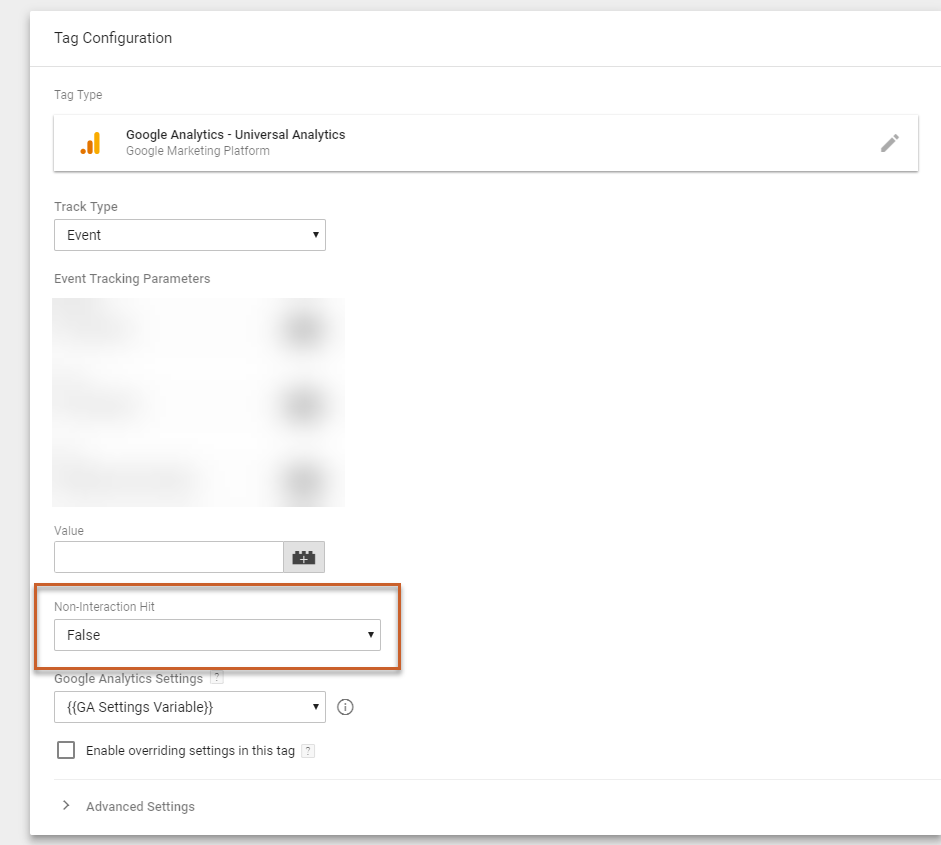

![Solved] Google Analytics 4 Events Not Showing Up in Reports? - Analytics Mania Solved] Google Analytics 4 Events Not Showing Up In Reports? - Analytics Mania](https://www.analyticsmania.com/wp-content/uploads/2023/02/image-100.jpg)



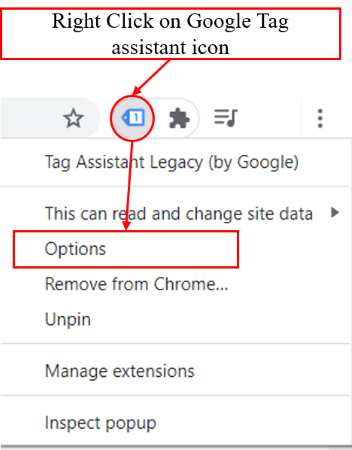


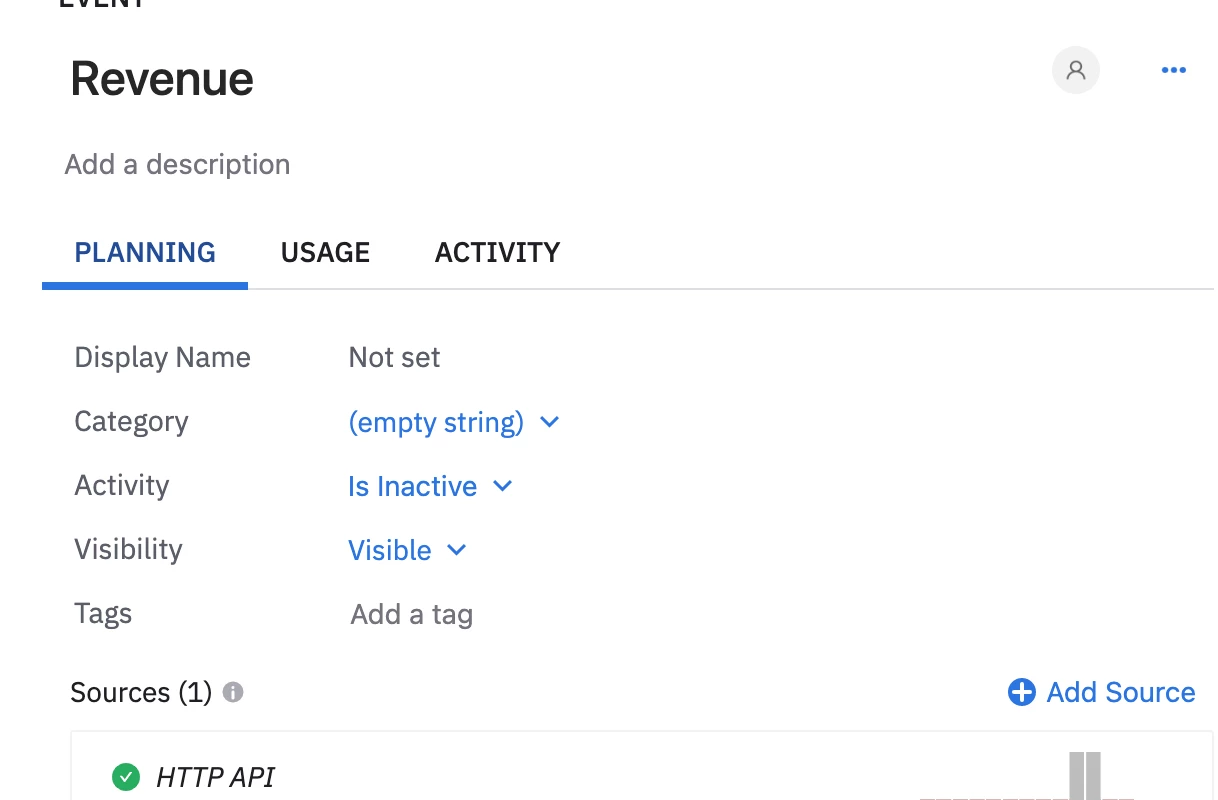





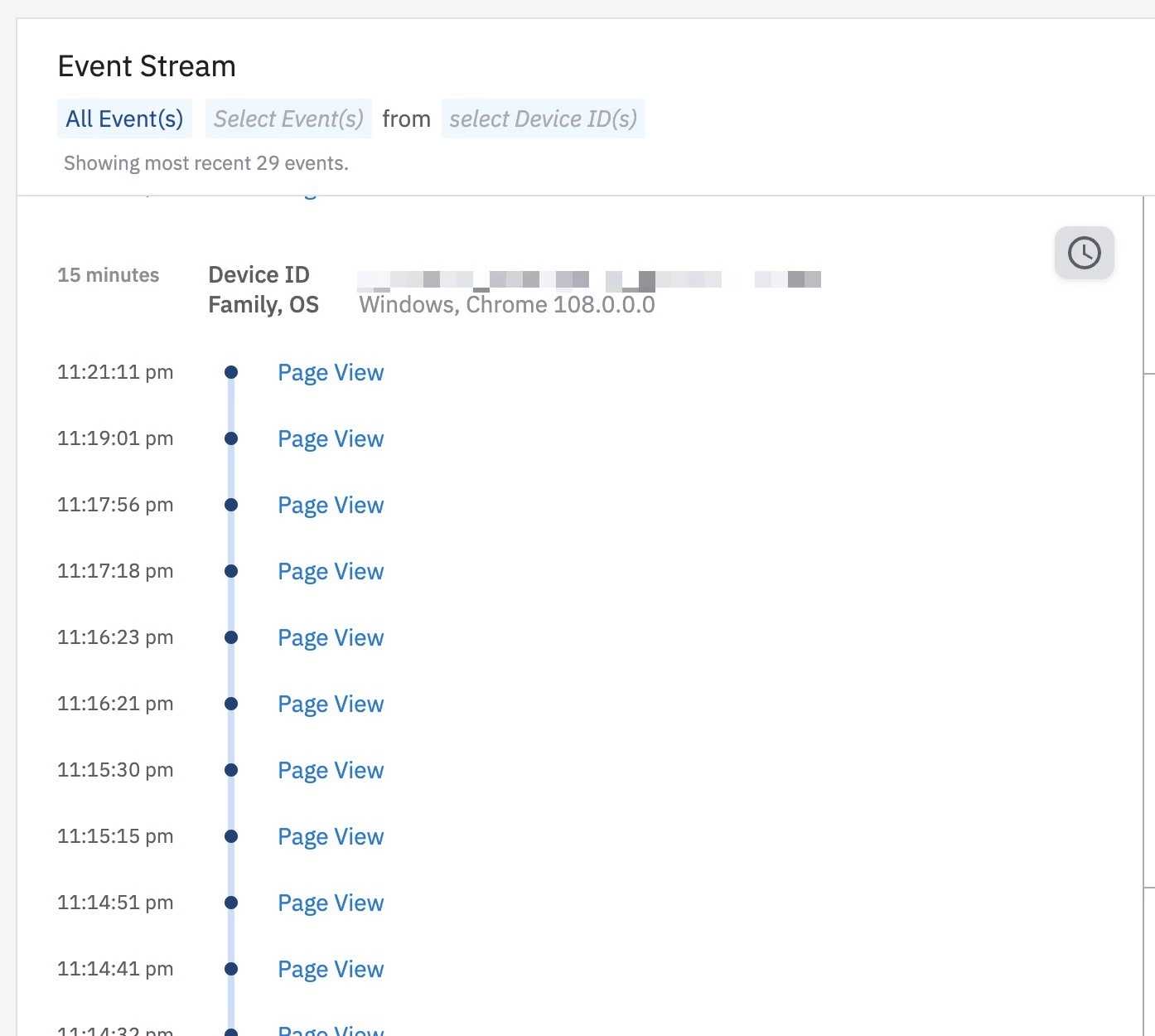
![Solved] Google Analytics 4 Events Not Showing Up in Reports? - Analytics Mania Solved] Google Analytics 4 Events Not Showing Up In Reports? - Analytics Mania](https://www.analyticsmania.com/wp-content/uploads/2023/02/cover-picture-4-800x400.jpg)

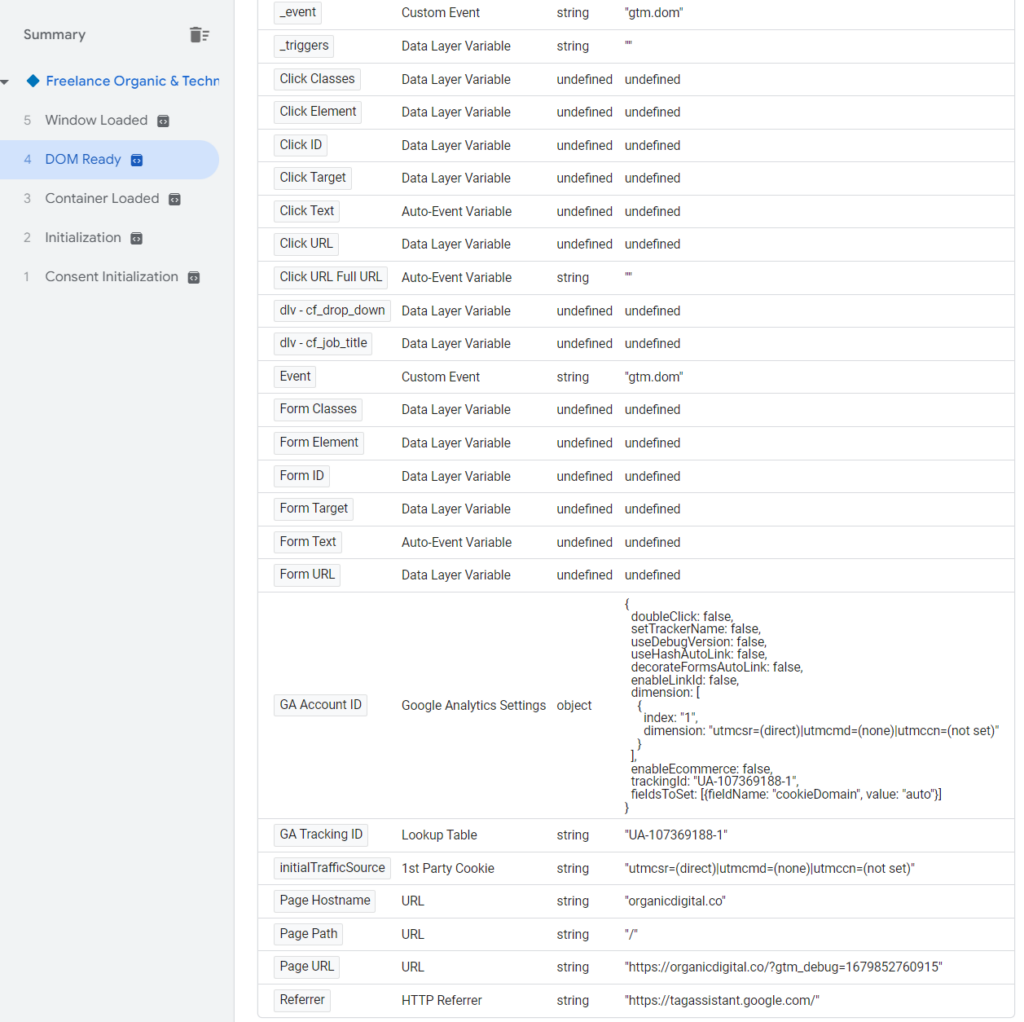
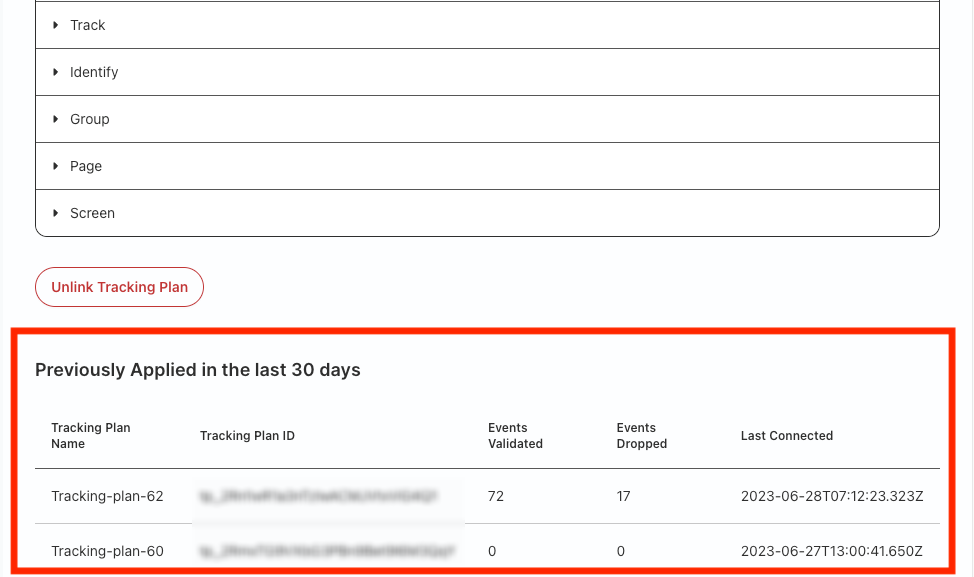




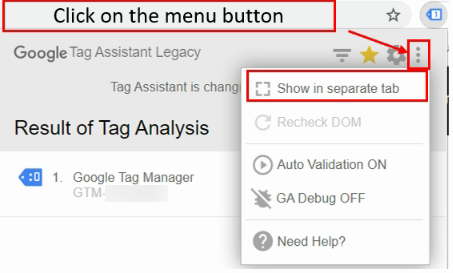


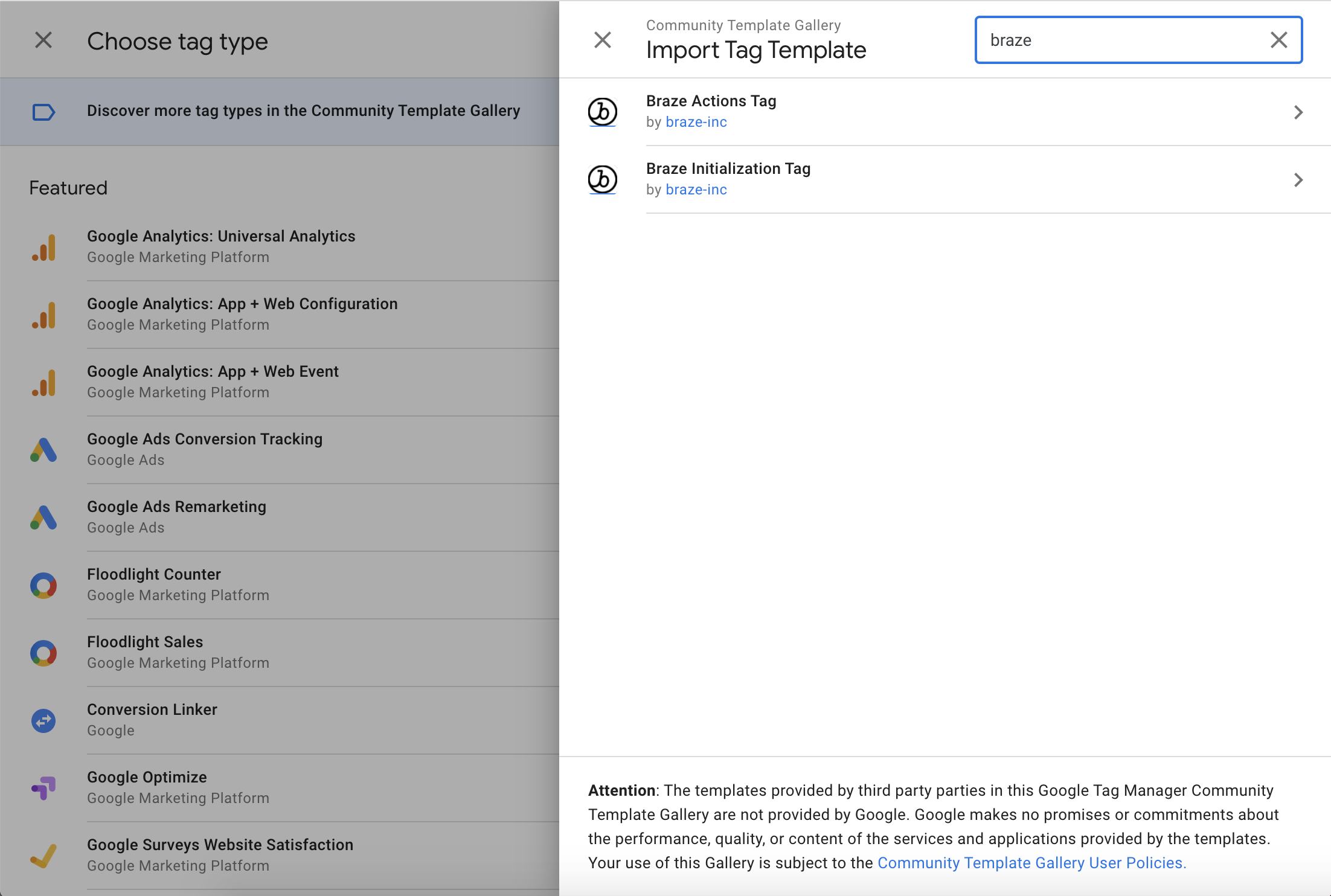

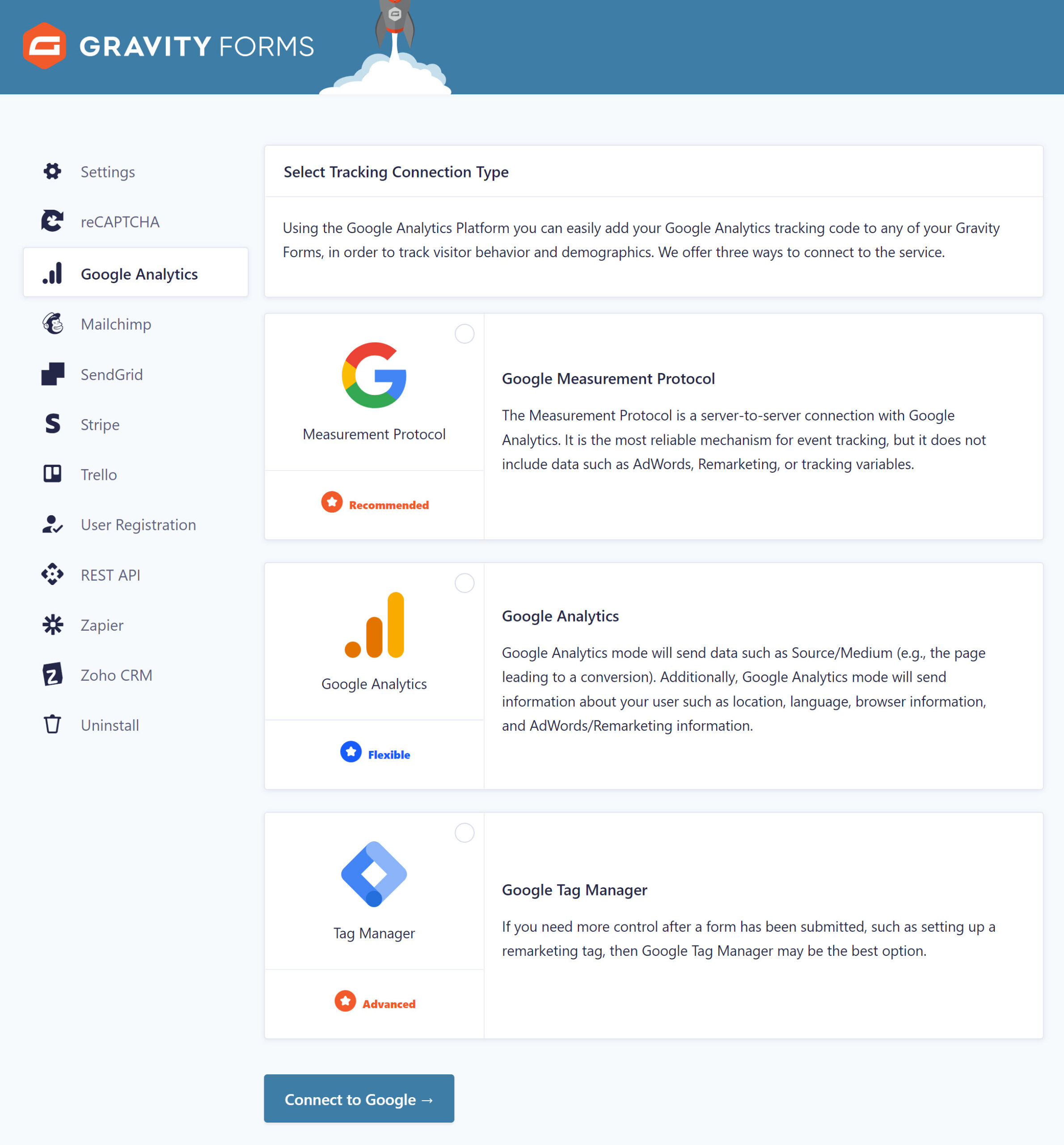

Article link: event tracking not working.
Learn more about the topic event tracking not working.
- Event Tracking in Google Tag Manager is not working?
- Google Analytics Event Tracking – Not Working – Stack Overflow
- Analytics Event Tracking not Working – Google Support
- Google Analytics Not Showing Data? Here’s Fix
- Google Analytics 4 Events Not Showing Up in Reports?
- How to Check If Google Analytics Event Tracking is Working
- 5 Common Google Tag Manager Problems and How to Fix Them
- Event Tracking Issues? How to Debug Google Tag Manager
- Google Analytics 4 not working? Here is how to fix it.
- Solved: Why Google Tag Manager Events Are Not Showing In …
- How To Fix Common Errors in Event Tracking Data Collection
- Event Tracking: Testing and Troubleshooting
- Checklist: When Google Analytics Event Tracking Is Not Working
See more: nhanvietluanvan.com/luat-hoc